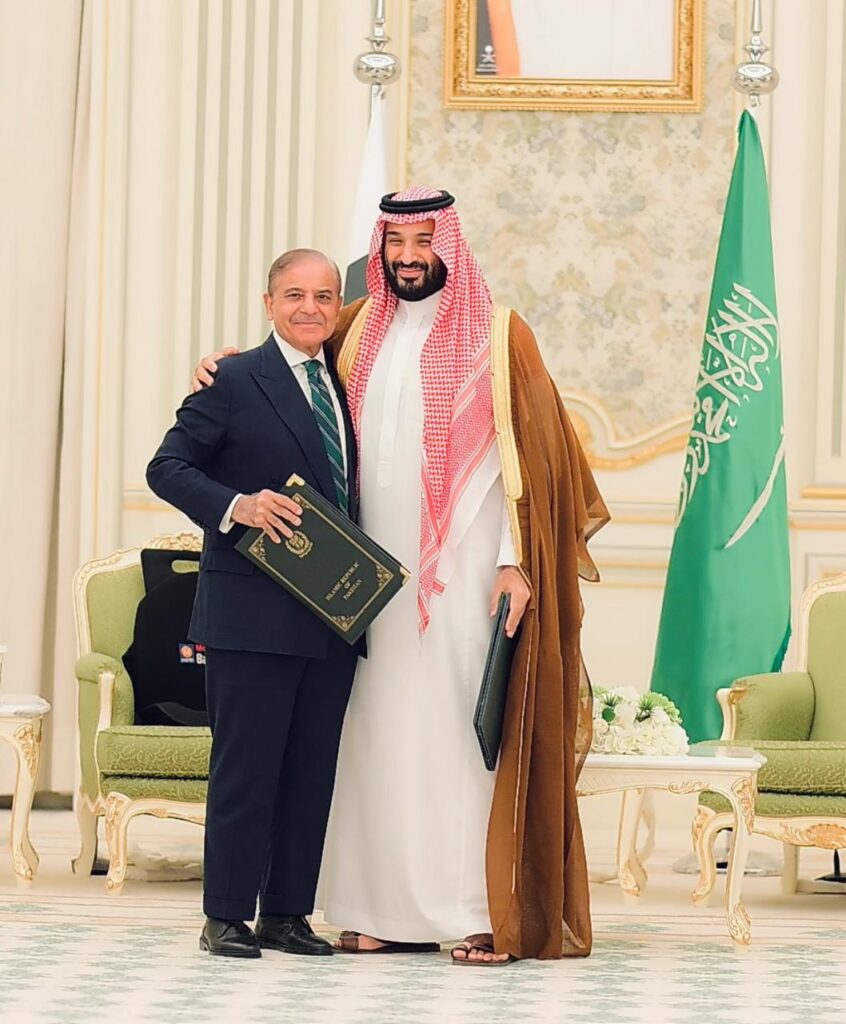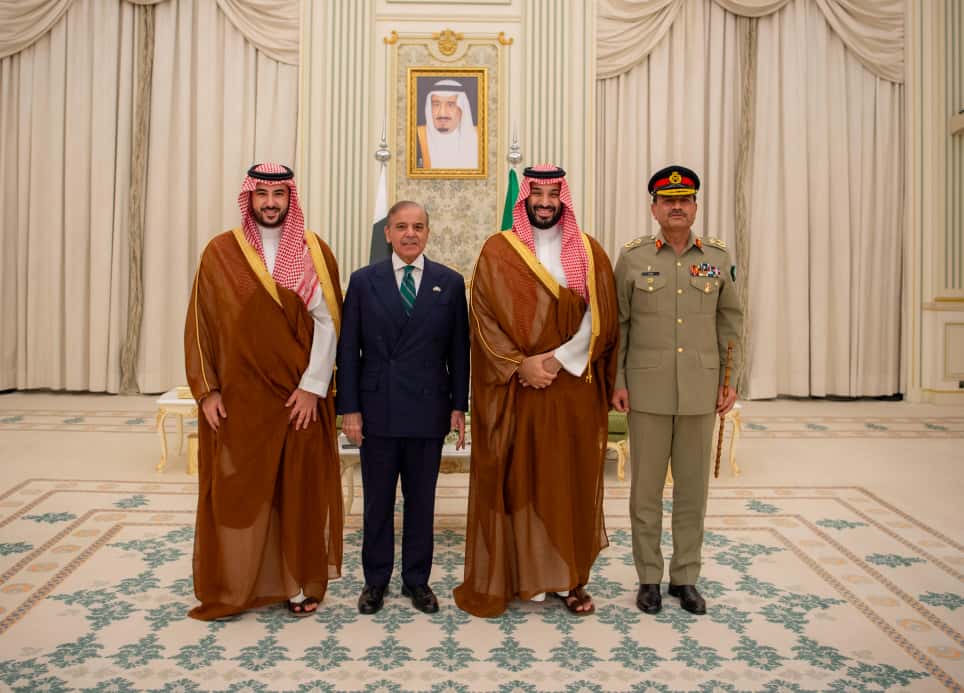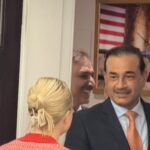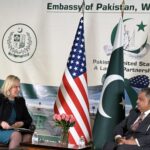Good times or luck would seem to be raining on Pakistan, its Prime Minister Shehbaz Sharif, and Chief of Defense Staff, Field Marshal Asim Munir. Out of nowhere, and from being written off as a basket case of the world, Islamabad came into the good books of Washington once again, especially with President Donald Trump, who had, on January 1, 2018, condemned the whole lot of Pakistani leadership as a bunch of cheats and rip-offs.
Now suddenly, Islamabad is in the center of things: economically for oil and rare minerals, besides jelling well in the crypto business. After two back-to-back meetings with the Field Marshal, President Trump is said to be meeting Prime Minister Sharif in New York on the sidelines of the United Nations General Assembly session, or perhaps in Washington D.C., itself at the White House.
And then comes the second brush with luck via the Israeli attack on the Hamas leadership in Qatar, which proved to be a rallying point for all in the neighborhood and the larger Islamic group of nations; and with this came the defense cooperation agreement between Pakistan and Saudi Arabia that essentially is said to have drawn upon security treaties and guarantees the international system is all too aware of: an attack on one is an attack on the other, together with all that too-familiar lingo.

And if Pakistan has come to figure prominently in this so-called NATO-type environment in the Middle East, it is that nuclear card, by virtue of its possessing nuclear weapons, and hence the deterrence. In other words, nuclear weapons insurance.
The Saudi Arabia-Pakistan pact, even without all or any of the details, has started tongues wagging not just in the Middle East but also in South Asia, which is now calculating what India’s strategic calibration might be, even going to the extent of looking at the prospect of an Israel-India pact of sorts. Even if Islamabad has gone into the whole thing with a lot of good intentions, it still has not been spared from being seen as a rip-off artiste going after Saudi money for domestic consumption as well as to buy American weapons.
But in all the shock and grief in the aftermath of the Israeli attack on Doha, some uncomfortable questions have started, including whether every one of the major actors in the Middle East knew exactly what was going to happen but looked the other way for different reasons. After all, the argument goes, if Tel Aviv had said that the entire Hamas leadership was “walking dead,” then where is the surprise that a multi-storied building in a busy Doha neighborhood, where the top Hamas leaders were staying, was hit?
To say that the Middle East now has a new guarantor for Saudi Arabia by way of Pakistan is to forget a little bit of history of cooperation between the two nations by way of protection of the holy sites and training of Saudi forces. And there had been allegations all along that Saudi Arabia was generously bankrolling Islamabad’s nuclear and missile programs, or that Islamabad was diverting Saudi handouts for its clandestine activities. And the leadership in Tel Aviv was certainly not naïve about the “Islamic” bomb via Islamabad, which could be readily available for use if push came to shove.
In fact, even during the recent Israel-Iran showdown, there were murmurs of nuclear guarantees should the situation spiral out of control. For a minute, the Shia-Sunni divide did not seem to matter or even count.
Reading too much into Pakistan’s forays in the Middle East by way of a stabilizer or nuclear guarantor is as simplistic as believing that Washington has abrogated its role in the region, given its vast strategic and economic interests. Some analysts will want to see Pakistan put its internal house in order first, as it is teetering on the brink of economic and political chaos and hence not in a position to have the strategic width and depth required for any extended role beyond its borders.
Many in the region will also want Islamabad to rein in terrorists having a free run and check cross-border terrorism with India, as New Delhi has made it clear through Operation Sindoor what to expect by way of response. And it is unlikely that either Riyadh or other Gulf capitals would want to be dragged into any “attack on one is an attack on the other” scenario. Seen in this perspective, Pakistan’s label as a State Sponsor of Terror is more of a liability than its nuclear arsenal giving insurance to nations in the region.
In ways more than one, it is indeed a wake-up call to the Indian foreign policy establishment to reassess the scheme of things in the Gulf. To say that India-Saudi Arabia relations are deep and involve political, economic, and strategic factors is one thing; but New Delhi will also have to take cognizance of newer forces trying to shape the regional order that will impact globally. The Trump administration’s unmistakable signals to Europe, Russia, NATO, Asia, and the Middle East do not just revolve around tariffs and sanctions.
Disclaimer: The opinions and views expressed in this article/column are those of the author(s) and do not necessarily reflect the views or positions of South Asian Herald.





